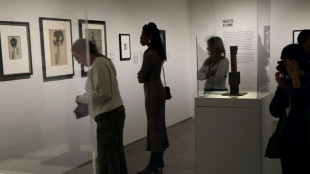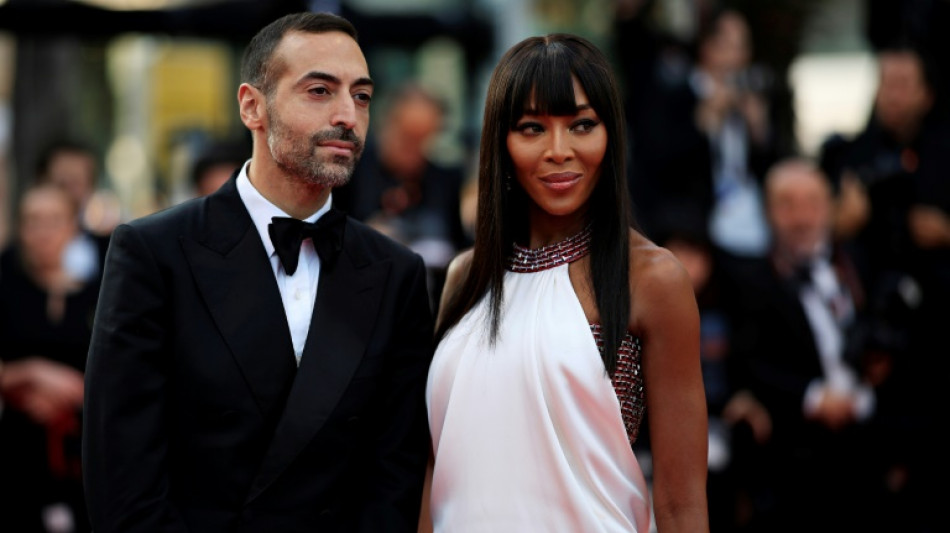
-
 Merz ramps up pressure on EU over electric car shift
Merz ramps up pressure on EU over electric car shift
-
Athletics chief Coe admits 'heat challenges' at Tokyo worlds
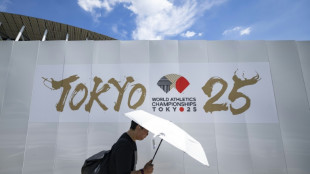
-
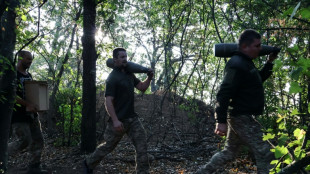 At least 20 killed in Russian strike on east Ukraine: Zelensky
At least 20 killed in Russian strike on east Ukraine: Zelensky
-
'World watches our slaughter': Gazans flee Israeli assault on urban hub
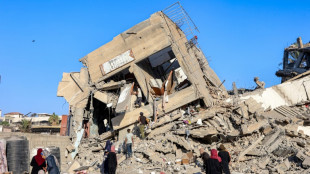
-
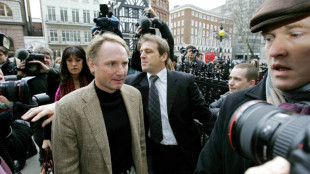 'Da Vinci Code' author Dan Brown releases latest thriller
'Da Vinci Code' author Dan Brown releases latest thriller
-
Nepal PM resigns after deadly protests sparked by social media ban
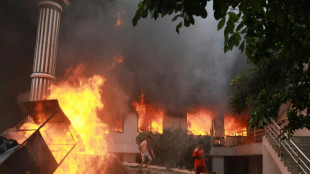
-
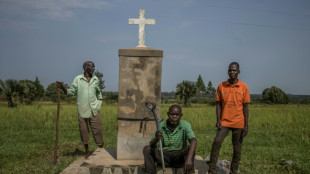 Kony crimes still felt in Uganda, 20 years on, ICC hears
Kony crimes still felt in Uganda, 20 years on, ICC hears
-
Nottingham Forest swoop for Postecoglou after sacking Nuno
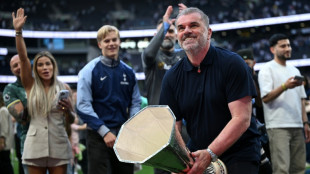
-
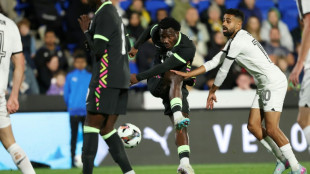 Australia beat New Zealand again to win 'Soccer Ashes'
Australia beat New Zealand again to win 'Soccer Ashes'
-
Hundreds of pro-Palestinian demonstrators rally outside London arms show
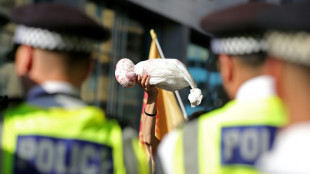
-
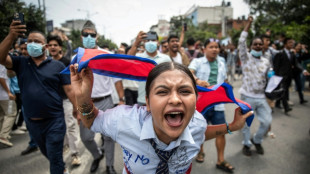 Nepal prime minister resigns after deadly protests
Nepal prime minister resigns after deadly protests
-
Japan ruling party to pick new leader on October 4
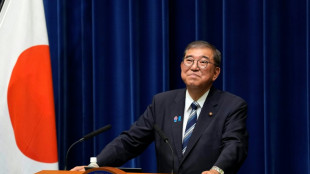
-
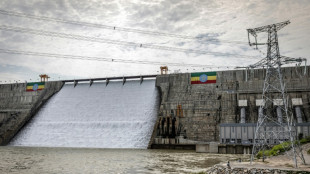 Ethiopia inaugurates Africa's biggest dam
Ethiopia inaugurates Africa's biggest dam
-
Miners Anglo American, Teck plan new copper giant
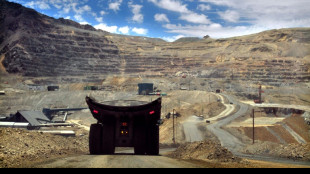
-
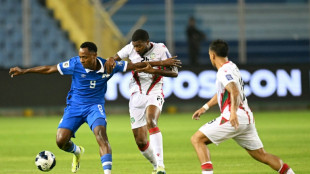 Suriname stun El Salvador, allege racist chants in WC qualifying
Suriname stun El Salvador, allege racist chants in WC qualifying
-
Macron scrambles to find new French PM as Bayrou set to resign
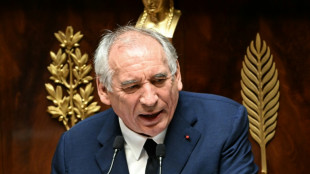
-
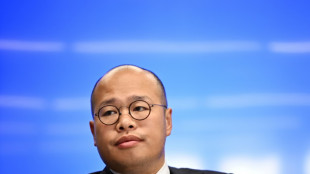 Death of Hong Kong's Lai would strengthen democracy message, son says
Death of Hong Kong's Lai would strengthen democracy message, son says
-
Korean women target US military in landmark forced prostitution lawsuit
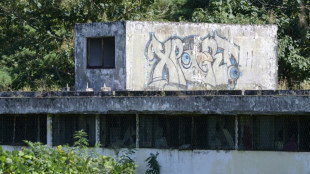
-
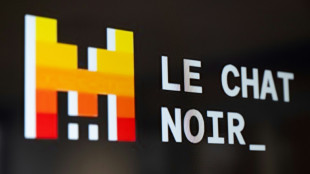 Mistral cements AI lead in Europe with cash infusion
Mistral cements AI lead in Europe with cash infusion
-
Israel says to act with 'great force' in Gaza City
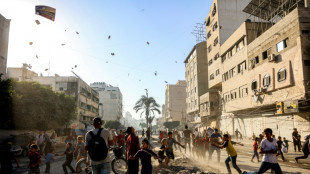
-
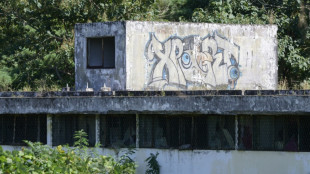 South Korean women sue US military in landmark prostitution lawsuit
South Korean women sue US military in landmark prostitution lawsuit
-
40 years of 'Mario' games that have grown up with fans
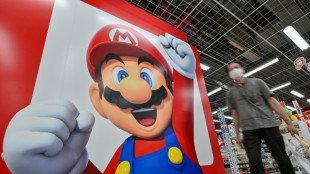
-
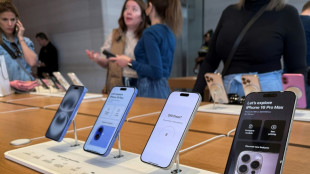 AI and iPhones likely stars of Apple event
AI and iPhones likely stars of Apple event
-
Thaksin termination? Prison term latest chapter in political odyssey
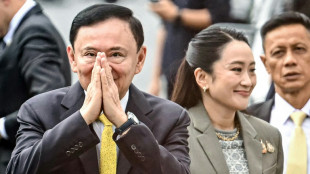
-
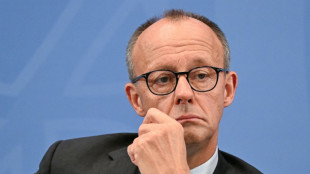 Merz to open Munich motor show as engine row threatens to combust
Merz to open Munich motor show as engine row threatens to combust
-
Quiet Tebogo's legs to 'do the talking' in Lyles 200m worlds battle
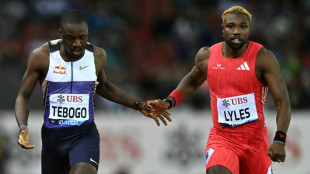
-
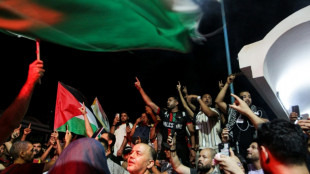 Gaza aid flotilla says hit by drone, Tunisia says none detected
Gaza aid flotilla says hit by drone, Tunisia says none detected
-
Thai top court orders ex-PM Thaksin jailed for one year
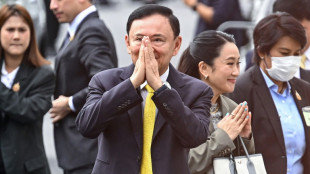
-
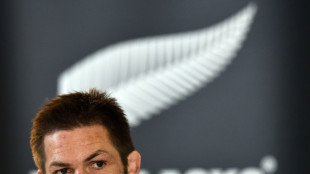 All Blacks great McCaw inspires squad ahead of Springboks rematch
All Blacks great McCaw inspires squad ahead of Springboks rematch
-
Maduro decrees Christmas in October for Venezuela, again

-
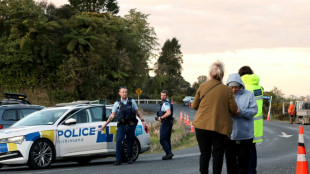 New Zealand police detail slain fugitive father's life on the run
New Zealand police detail slain fugitive father's life on the run
-
McCarthy sparks late rally as Vikings edge Bears in NFL opener

-
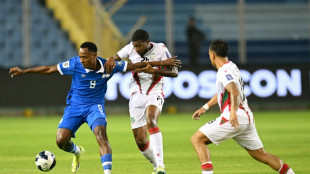 Suriname stuns El Salvador in 2026 World Cup qualifying
Suriname stuns El Salvador in 2026 World Cup qualifying
-
London arms show opens under Israel cloud
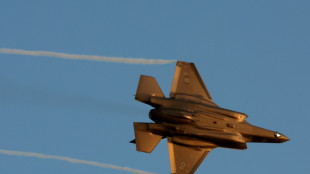
-
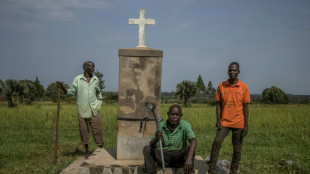 ICC hears charges against Ugandan warlord Kony
ICC hears charges against Ugandan warlord Kony
-
Most Asian markets rise on US rate hopes, Tokyo hits record

-
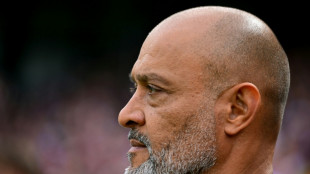 Nottingham Forest sack head coach Nuno after rift with owner
Nottingham Forest sack head coach Nuno after rift with owner
-
Major social media sites back online in Nepal after deadly protests
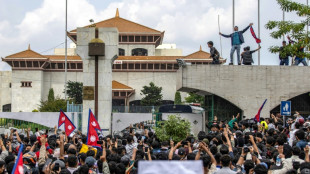
-
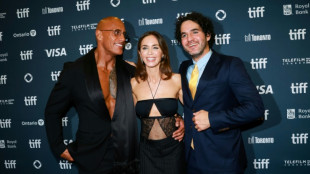 From rocky start to Oscar hopeful: Dwayne Johnson hits Toronto
From rocky start to Oscar hopeful: Dwayne Johnson hits Toronto
-
Murdoch family settles dispute over media empire succession
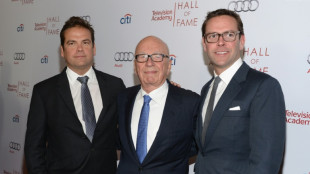
-
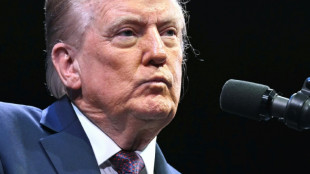 Trump's alleged birthday note to Epstein released by House panel
Trump's alleged birthday note to Epstein released by House panel
-
Killing Hong Kong's Lai would strengthen democracy message, son says
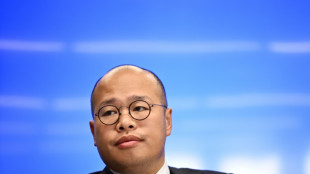
-
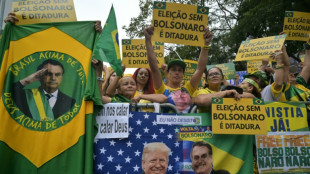 D-Day approaches in Bolsonaro coup trial
D-Day approaches in Bolsonaro coup trial
-
Israel film at Toronto fest entrenches industry split over Gaza
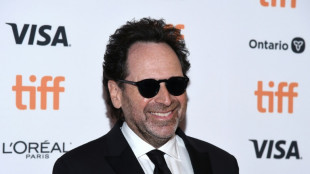
-
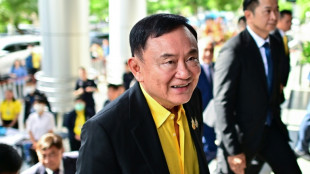 Thai top court to rule on ex-PM Thaksin's prison stay
Thai top court to rule on ex-PM Thaksin's prison stay
-
North Korea's Kim oversees ICBM engine test: state media
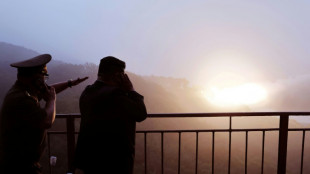
-
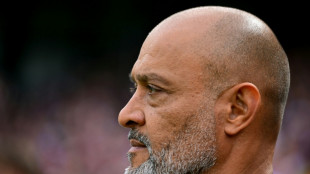 Nottingham Forest sack boss Nuno Espirito Santo
Nottingham Forest sack boss Nuno Espirito Santo
-
Elevating Imaging, Empowering Flow - AGFA HealthCare at RSNA 2025

-
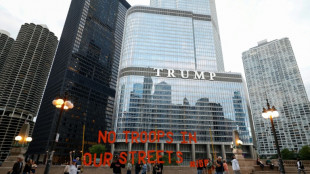 Trump admin launches immigration raids in Chicago
Trump admin launches immigration raids in Chicago
-
Murdoch family settles dispute on control of media assets
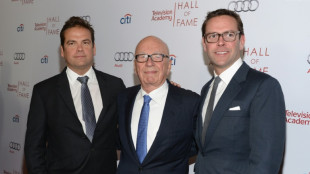

Saudi Arabia's growing cinema soft power
Accompanying Naomi Campbell on the red carpet at the Cannes Film Festival last week was one of cinema's most powerful men -- and he represents a country where cinemas were banned until five years ago.
Mohammed Al Turki, 36, heads Saudi Arabia's Red Sea Film Foundation, his name splashed all over posters and movie credits at the world's biggest cinema gathering on the French Riviera.
The foundation, formed two years ago, holds its own annual festival and has already financed 168 movies, including eight in the official selection at Cannes this year.
Among them was festival opener "Jeanne du Barry" about a French prostitute falling in love with King Louis XV, played by Johnny Depp.
Others seemed equally at odds with traditional Saudi values -- female-focused films such as "Four Daughters" about the religious radicalisation of Tunisian girls, or "Goodbye Julia" about a Sudanese woman and her overbearing conservative husband.
"We have learned to respect other cultures," Emad Iskandar, director of the Red Sea Film Foundation, told AFP.
He said the foundation focuses on Arab and African filmmakers, though the precise definition seems flexible: the French director of "Jeanne du Barry", Maiwenn, qualified thanks to her Algerian father.
"As long as we have the resources, we want to serve the region, but also take the opportunity to learn more," Iskandar added.
Al Turki's foundation also sponsored a gala for women, attended by Catherine Deneuve, Katie Holmes and supermodel Campbell.
"MO!! Proud of all your doing @redseafilm creating history of many 1st's and Changing the narrative," Campbell wrote of Al Turki on her Instagram.
- Whitewashing? -
Saudi largesse for the arts has boomed under the kingdom's de facto ruler, Crown Prince Mohammed bin Salman, with billions pouring into previously taboo areas such as music, fashion and sports.
Human Rights Watch says this is designed to "whitewash its dismal rights record" and that, despite recent reforms, Saudi Arabia continues to repress civil society, execute dissidents, discriminate against women and bury the investigation into the 2018 murder of journalist Jamal Khashoggi.
But most Saudis back the reforms, and its officials say it is absurd to expect the kingdom to turn into a liberal paradise overnight.
Accusations of whitewashing "sadden us more than anything else," said Iskander.
"Come to visit and get to know Saudi Arabia and then talk about us. The West has arrived where it is after years of wars and debates. We are a 90-year-old state -- be patient."
In any case, the relentless PR campaign is working. The Saudi presence at Cannes felt less controversial than that of Depp, still widely branded as toxic since his court battle with ex-wife Amber Heard.
Cannes director Thierry Fremaux celebrated the kingdom's interest in "producing films and allowing artists to emerge".
"Saudi Arabia is evolving," he told Variety.
- 'More and more present' -
All over Cannes were adverts calling on producers and directors to shoot in Saudi Arabia, while its pavilion showed off the work of its own young directors.
"Every year Saudi Arabia asks for a bigger pavilion, more facilities, to be more and more present," said Guillaume Esmiol, head of the Cannes Film Market that runs alongside the festival.
Saudi Arabia is not the only country in the region investing massively in cinema: rival Qatar financed 13 films at Cannes this year, including three in the main competition.
Some have little or no connection to the Middle East.
"We have a lot of French productions," Fatma Hassan Alremaihi, Doha Film Institute CEO, told AFP.
"We don't want to be insular, we want our filmmakers to be open to other regions and other filmmakers and work with them."
She had no qualms that such investments were aimed at spreading Qatar's soft power.
"Who doesn't do that? The US does that with their Hollywood films... At least we are doing what we believe in, and we are not losing our identity at the same time."
E.Schubert--BTB

